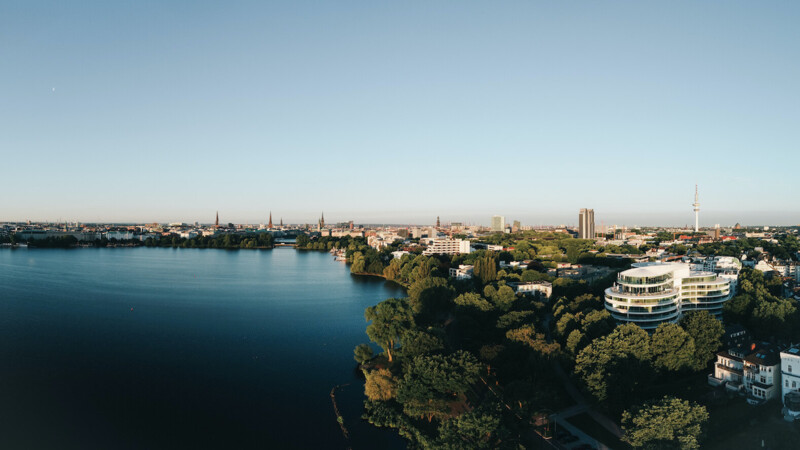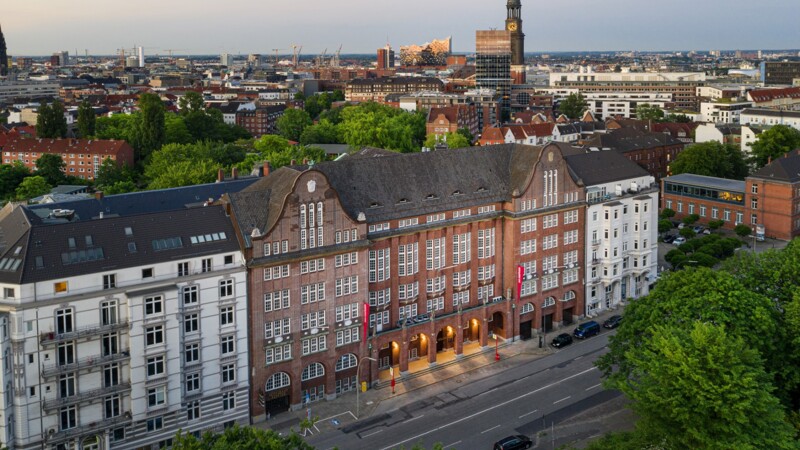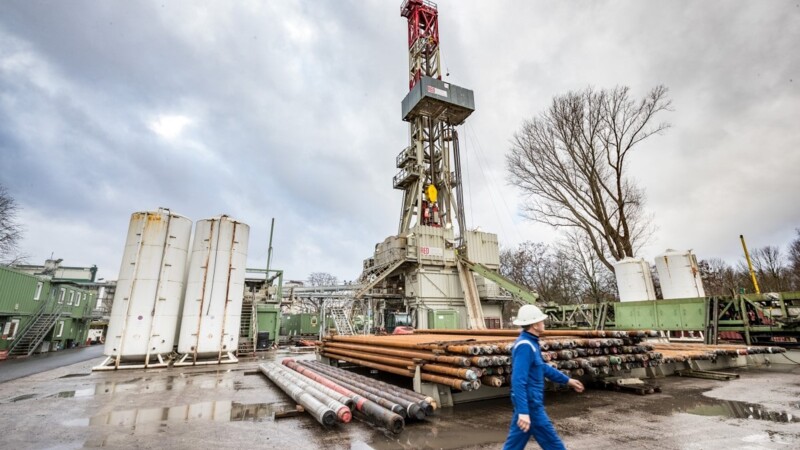Jens Kerstan, Senator for the Environment, pointed out: "Hamburg has achieved a great deal in climate protection in recent years. We are relying on the rapid expansion of photovoltaics (PV) on roofs and facades, on zero-emission public transport, and are phasing out coal for district heating. We focus consistently on decarbonizing our public companies and are investing in onshore electricity in the port. The transition to climate-friendliness is gaining momentum." These efforts indicate Hamburg's bid to achieve the goals of the 2015 Paris Climate Agreement, he added. Particular attention is being paid to the rapid development of a hydrogen-based economic sector including imports via the port. The goal of CO2 neutrality by 2045 shows that Hamburg is now five years ahead of schedule, Kerstan said. "We are setting the legal framework with the amendment to the Climate Protection Act. It is balanced and open to technology."
The senate has passed the revised draft of the climate plan and the amended Hamburg Climate Protection Act which prioritizes the expansion of renewable energies, according to a press release Tuesday (August 29, 2023). The aim is to slash CO2 emissions by 70 per cent in 2030 over levels in the 1990s and to become CO2 neutral by 2045.
Climate-friendly transition gaining momentum
Expanding renewable energies
The innovations set out in the Climate Protection Act take effect on January 1, 2024 and foresee the expansion of renewable energies especially electricity, heat, electro-mobility and the hydrogen network. Infrastructure projects will be sped up as well as the construction of wind farms. The installation of photovoltaics will become mandatory for existing buildings in 2024 followed by mandatory solar green roofs from 2027. The city is providing EUR 3.5 million until late 2026.
Billions in investments to boost Hamburg
"Climate protection does not come free, but we will ensure a fair and socially balanced distribution of the burden and use the opportunities for our economy as well," said Kerstan. Hamburg and its private and public partners are investing around EUR 2 billion euros in the development of a hydrogen sector, around EUR 2.5 billion in the expansion of local public transport, EUR 1.9 billion in the phase-out of coal and EUR 210 million in support schemes for modernizing private residential buildings. Climate protection, the energy transition and green technologies hold great opportunities for Hamburg, according to the senate, and could become a catalyst of job creation and drive innovations across the city.
nj/mm/pb
Sources and further information
More
Similar articles

Senate approves draft of new climate protection law

Two-thirds of demand for electricity could be met by solar energy

Round table presents measures to counter lack of skilled labour
